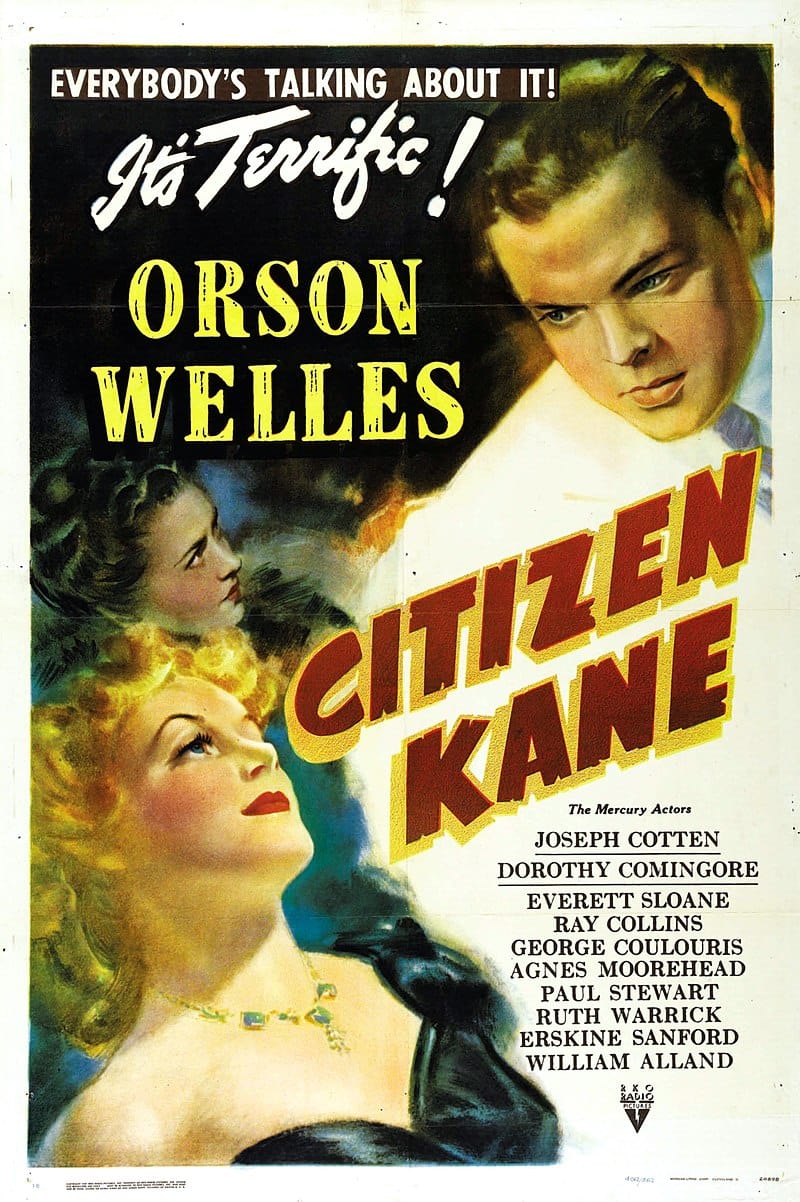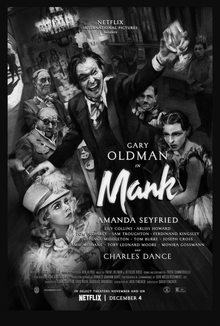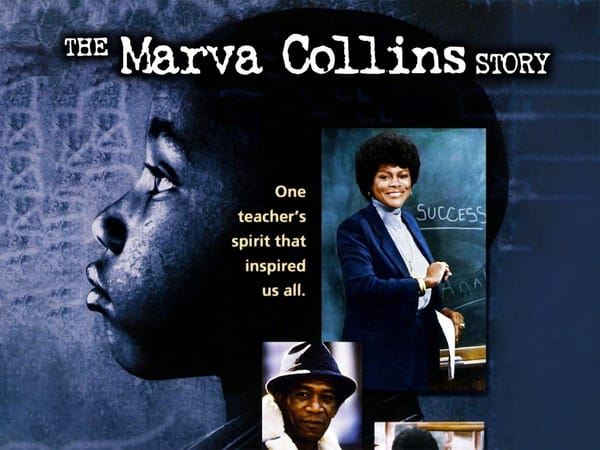Classic Film of the Week: Citizen Kane
To go alongside David Fincher's new feature 'Mank', Film Editor Oliver Weir recommends that you revisit what many consider to be the greatest film of all time: 'Citizen Kane'.

Given the recent release of David Fincher’s new movie Mank, now seems to be as good a time as ever to revisit a film that many hold to be the greatest ever made. Although it is certainly not my favourite movie, nor what I would call the best of all time, it is perhaps the greatest in terms of its impact and its ingenuity. It boggles the mind to learn that such a tour de force could spring from the mind of an ambitious, though slightly naive, 25 year old. It is a film that consumed not just the world of cinema, but the entire career of Orson Welles—often tempering the extent of the adulation he ought to have received for other great works such as The Trial (which is currently streaming on MUBI), Chimes at Midnight, and Touch of Evil.
Citizen Kane follows the life of Charles Foster Kane (widely held to have been based on American businessman William Randolph Hearst), in tandem with reporter Jerry Thompson’s (played by William Alland) attempts to uncover the meaning of Kane’s final declaration before his death: ‘Rosebud’. As Thompson interviews the key characters of Kane’s life, the story melts into memory and we, like Thompson, are left to put together the pieces of a scattered chronology.
Kane is a monument of cinema: the depth of each character is bottomless; the narrative is an all-encompassing critique of culture; the dialogue cuts like a razorblade; and the cinematography is nothing short of revolutionary.
Kane may leave many audiences cold and detached, but this, I think, is a success (as long as you weren’t bored). Charles Foster Kane was a titan all his life— but all the statues, the palaces, the power, and the marriages tuned to his liking, were all vain attempts to recapture the joy of a bygone time. A life well-lived? No. A long and lavishly emblazoned death? Perhaps.








